Source: Peoples
Coffee is very important to Wellington and Wellingtonians. It has become a ritual infusion for many, and café connections are part of the fabric of doing business in the city.
Much has been made of the city’s coffee culture and the people behind it. The folklore has been written on the back of now well-known personalities: the likes of Geoff Marsland from Havana; Jeff Kennedy and Bridget Dunn from L’Affare; Chris Dillon and Maggie Wells from Supreme; Steve and Julia Gianoutsos of Mojo. They now all run empires that stretch around New Zealand and across the globe, collectively roasting tonnes and tonnes of coffee a week.
Matt Lamason. Constable Street. Source: Peoples
It’s a bit different in Newtown, where Matt Lamason started Peoples Coffee back in 2004.
He had a distinct vision of how he wanted to be different from the rest. Organic. Fair trade. Self-determining. With a conscience.
His concept was to tap into a fair trade network that was well established in the US and UK, but largely unknown here. He spotted the opportunity for a win-win: great organic coffee for Wellington and making sure the money made its way back to the growers, rather than the middlemen.
When we spoke to Matt about starting the business as a 23-year-old we heard a fascinating story of his personal drive to help people. It was a passion fuelled from his childhood. You can read that story here.
Above: Matt at Don Wilfredo's farm, Matagalpa, Nicaragua. The first 'origin' visit in 2004. Below: The coffee bearing his name. Sources: Matt Lamason / Peoples
Matt first visited Nicaragua with Trade Aid International (TAI), which had an established network of co-ops supplying beans. Being with the growers in Matagalpa and seeing their harsh realities affirmed he was doing the right thing. Now Peoples coffee is sourced from small-lot coffee farms around the world - Ethiopia, Rwanda, Congo, Uganda, Guatemala, Nicaragua, Colombia, and Peru. The co-op structure means individual growers can pool their production and build up enough volume to trade internationally, something they couldn’t do alone - as trade is generally done by the container load.
TAI staff visit the co-ops each year to understand how the growing year has gone. They then negotiate a price that represents a fair return to the co-op and that fits with the New Zealand market dynamics. Unlike others, Peoples also make the effort to go on these trips too so they’re in touch with their suppliers. It’s personal. It’s about putting the humanity back in business.
This fair trade supply line means they often pay more for their beans than their competitors. That is a price they are willing to pay because they want to recognise the quality and value of the product, rather than just treat it as a commodity. It means returning value to the growers at the start of the supply chain, not just the shareholders at the other end. That additional return to the co-ops supports social or infrastructure projects in their community. You can see what this means in the co-op snapshots that follow the interview below.
This is the ‘social premium’. You pay more, to do more good. Hold a Peoples takeaway cup in your hand and you read ‘Buy coffee. Get Change’ and ‘People for the common great’. Believe it.
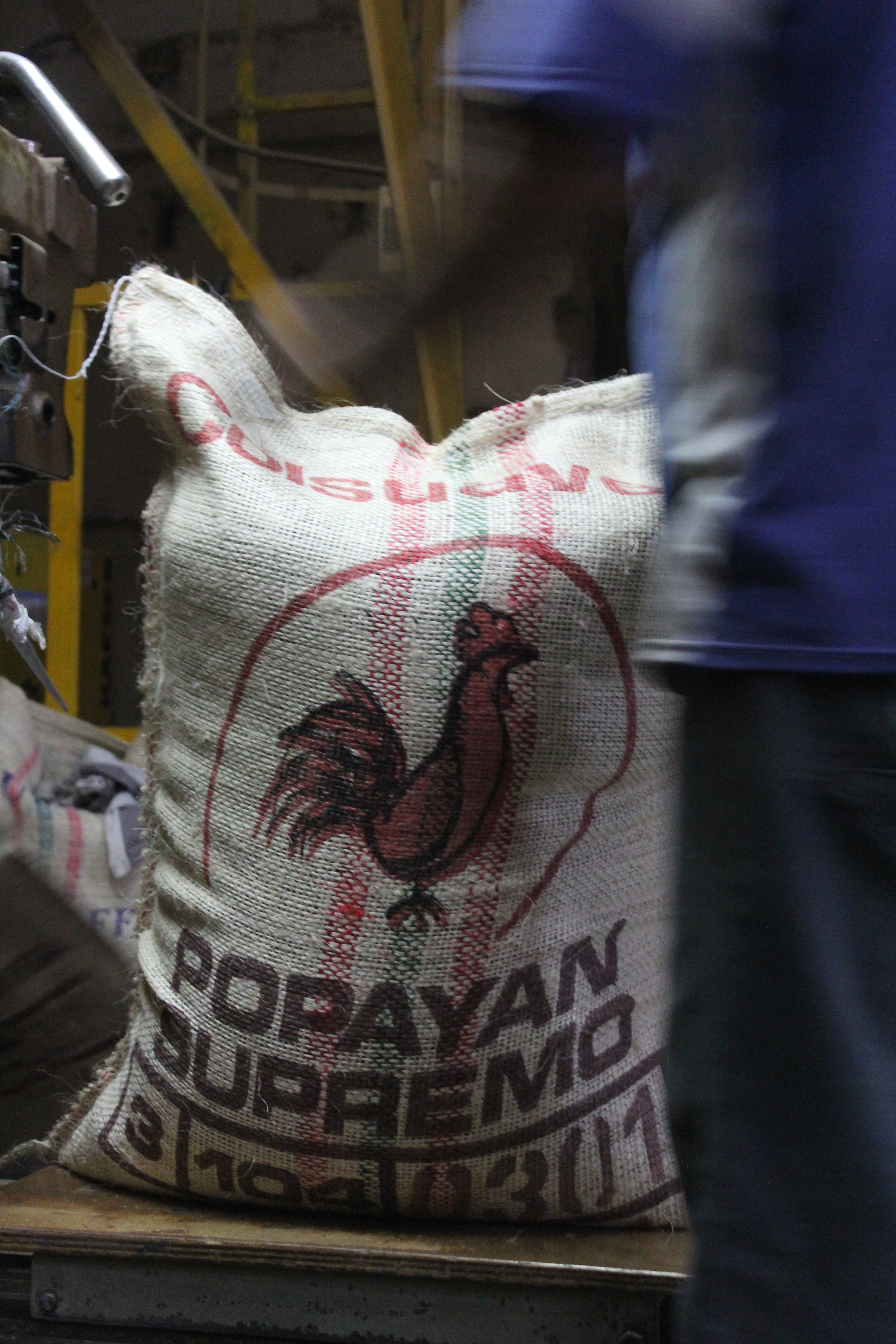
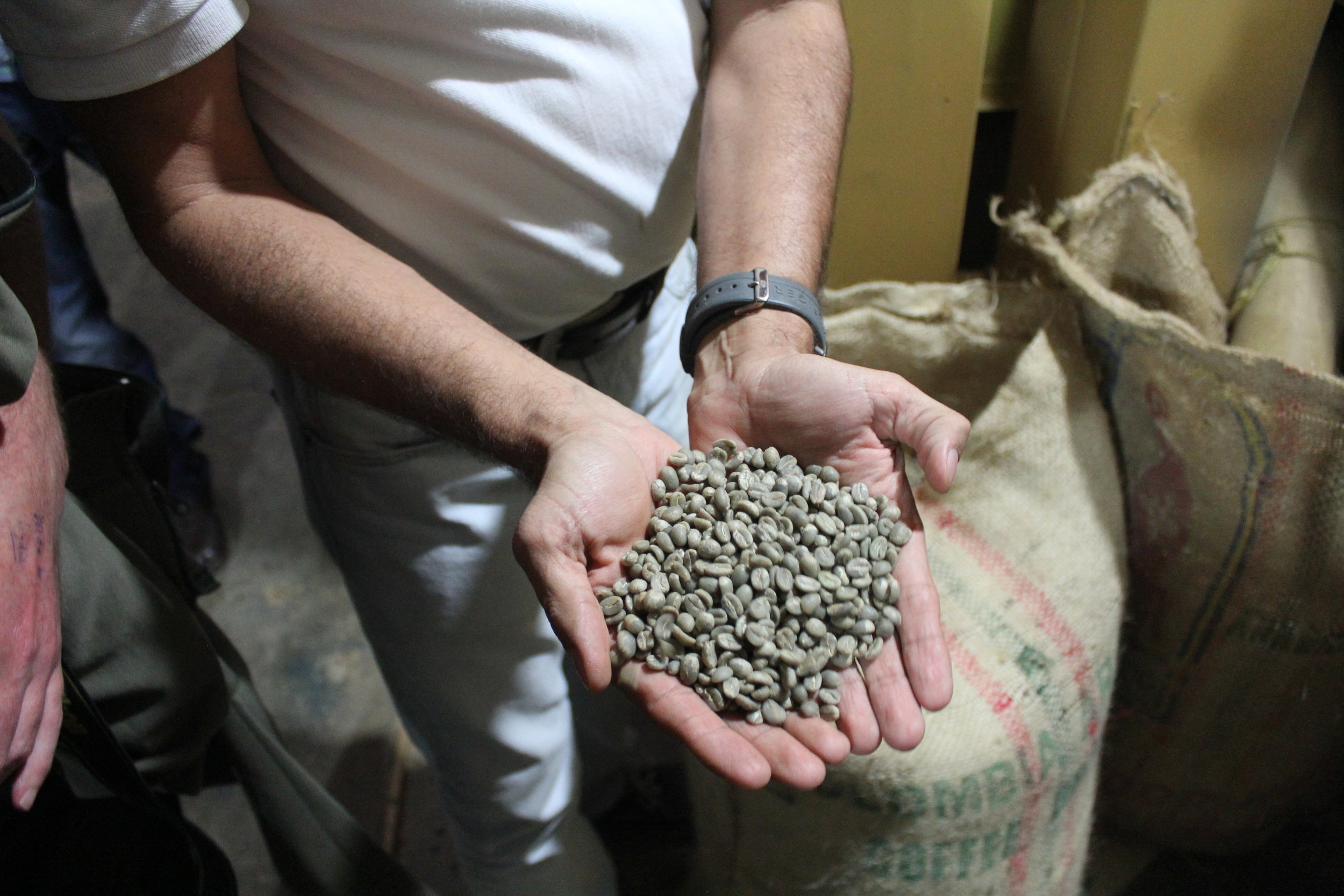
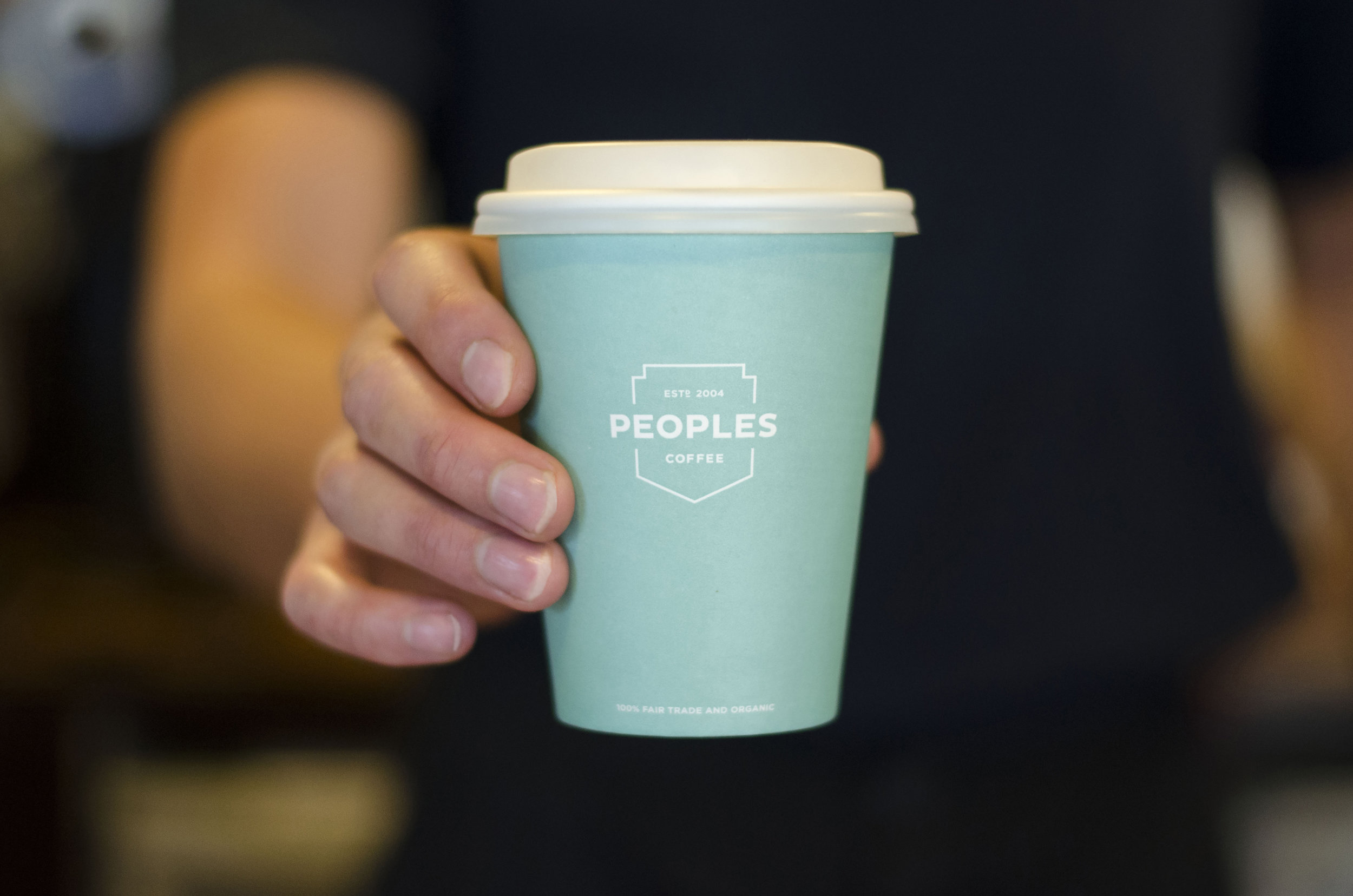
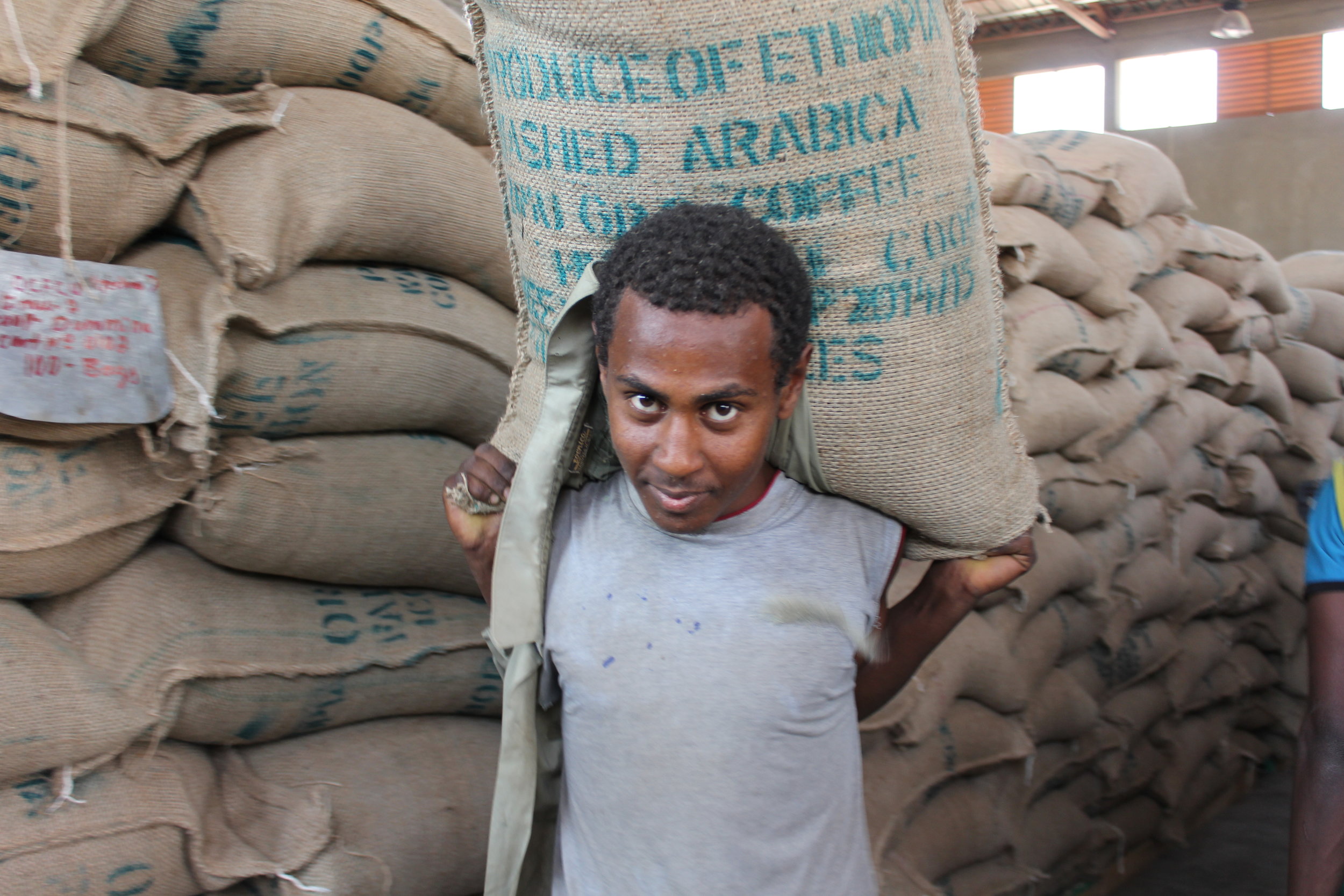
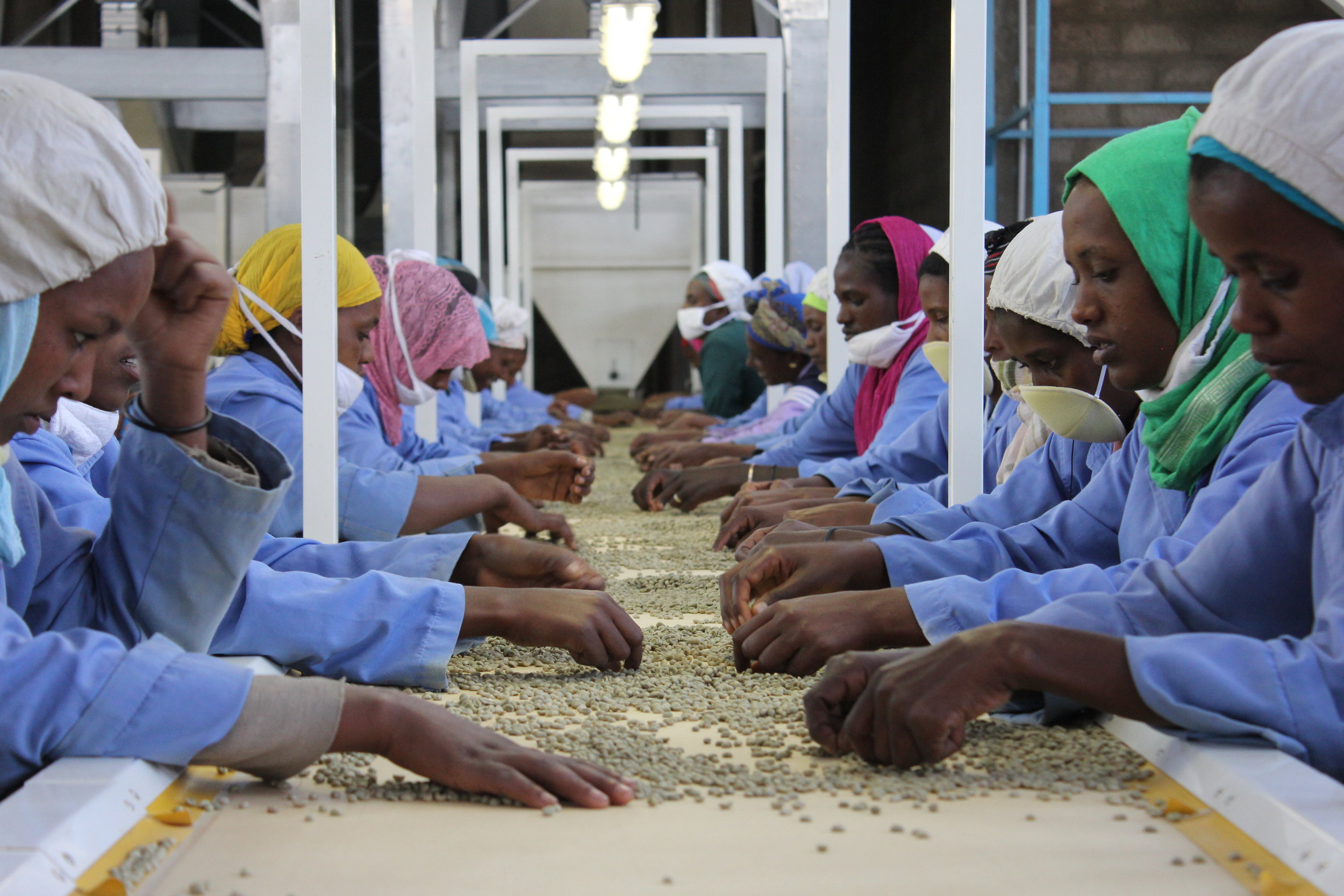


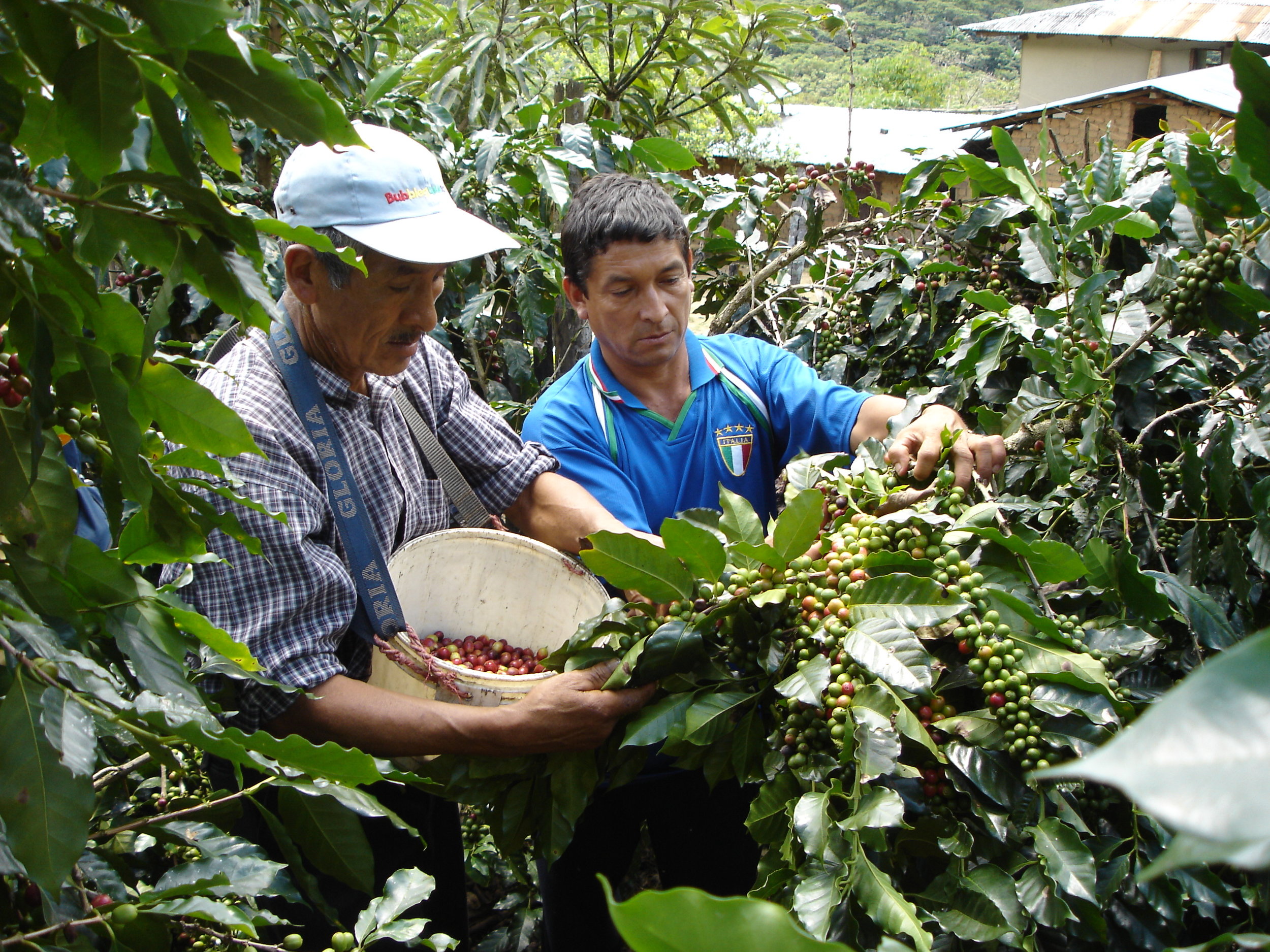
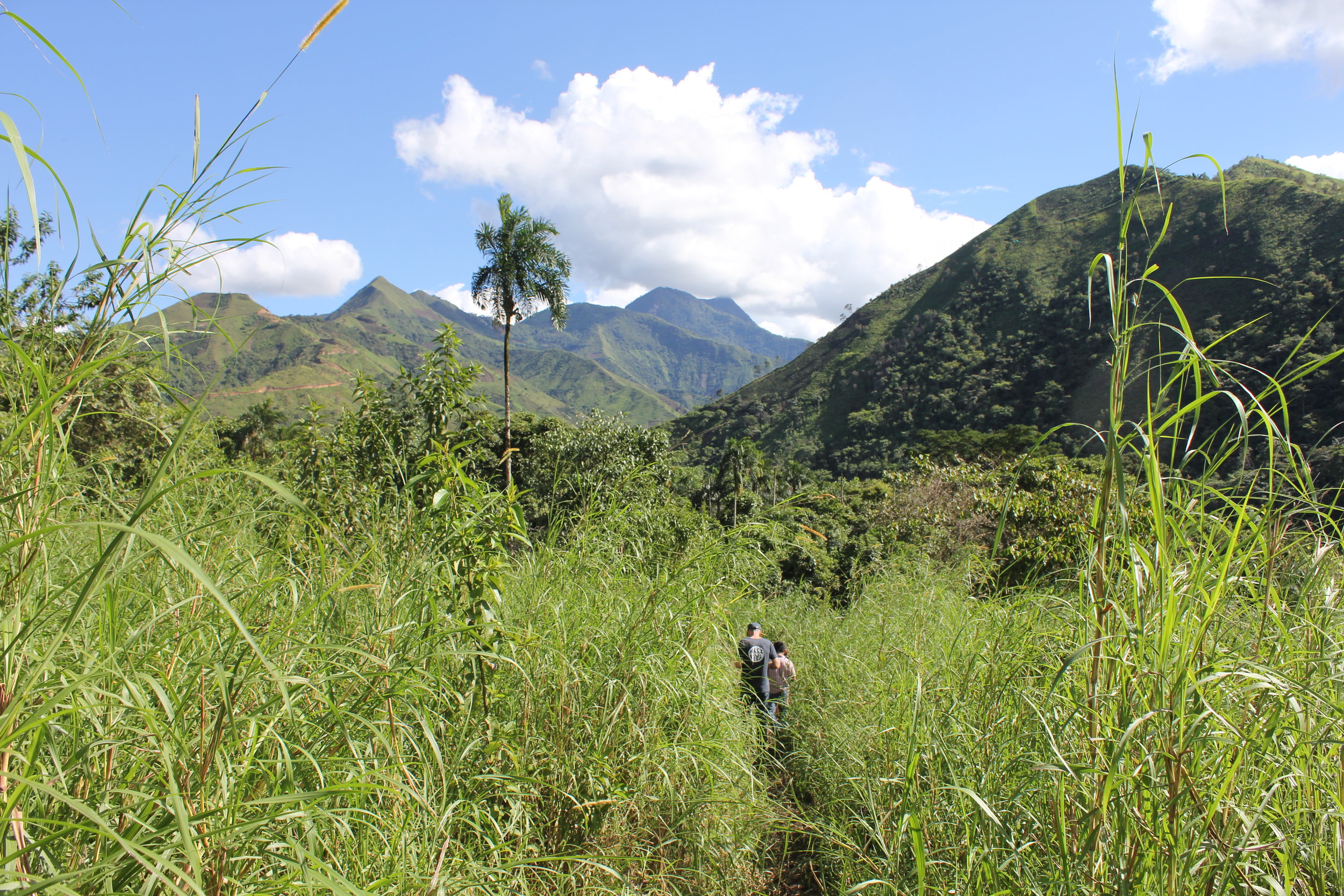
The co-op structure also gives Peoples really good line of sight over its supply line, so they are confident they’re supporting sustainable and organic production. In addition, the small lot holders generally plant their coffee bushes in harmony with native bush and their own food crops. This provides ideal shelter and shade for the plants and guards the biodiversity and soils of the area, unlike the industrial monoculture cultivation of the big players.
Originally Peoples was one of only two New Zealand businesses certified by the World Fair Trade Organization, but they have recently moved on to a broader-based global certification from B-Corp, which looks at the business itself as well as the supply chain. The B-Corp motto is ‘People using business as a force for good’ and that good extends across the community, the environment and workers. B-Corp states that their certified companies show the highest standards of verified social and environmental performance, public transparency, and legal accountability, and aspire to use the power of markets to solve social and environmental problems.
To find out more we spoke to Rene Macaulay, who’s been Peoples head roaster since 2007. He knows all about the people, the processes and the products. And he typifies the driven, passionate nature of the whole Peoples team.
Rene Macaulay. Peoples Head Roaster. Source: Peoples
Rene and the roasting team work on multiple machines in the Peoples roastery in Newtown Ave, one block back from the cafe. The scale is a far cry from the early days when the original roaster was in the Constable Street café. The newer space still has a feeling of rustic efficiency and there’s no doubt the craft goes from strength to strength.
Peoples founder Matt Lamason still tells the story of when he was sitting cross-legged on the floor with Nicaraguan women growers who would normally be labouring in the fields. He was showing them photos of the Peoples roastery, the shop and the customers and they were in tears seeing the Peoples team loving their beans as much as they did. You come away from the roastery feeling that this bond of sweat and tears is felt just as strongly in Newtown.
Newtown House: At the heart of the business is the relationship with the growing co-ops and making sure they get true value from their growing efforts. Is visiting them a treat or a challenge?
Rene Macaulay: The origin visits are a favourite part of my job. I spent a year living in Northern India, so I’m used to living very simply and dealing with day-to-day hardships. I actually really enjoy that simplicity. That’s the world I go back to visiting the co-ops with our Trade Aid partners. It’s a hard physical life and there’s real poverty. Like tin shacks with dirt floors. We have some long-established relationships now and we have seen some fantastic achievements in the grower communities, especially in Africa where things have incredible energy.
We try to only build relationships with grass roots cooperatives that are functioning effectively and we go in with the aim of creating a long-term, mutually beneficial relationship. The other thing about working within the cooperative structure is that we can be sure of the traceability of our beans. We know what we’re getting, otherwise you have buying agents and merchants clipping the ticket and amalgamating various supplies.
NH: So are things are getting better for the growers?
RM: We have seen a lot of positive change, but it remains a hard business. There’s also a looming issue as global demand is increasing but supply is dropping. For example, the average age of growers in Mexico now mid-60s. The young people are not interested in coffee growing. Their horizons have expanded through education.
We’re also seeing the impact of climate change. Growing conditions are changing, like rainfall at different times of the year when it doesn’t suit the plants or air temperature changing. It’s not easy to remedy. You can’t just shift up the mountain; the terrain changes and land holdings are impossible to get.
NH: Do you have a say in what local projects are done with the co-op funds?
RM: Our goal is to work with cooperatives that are already doing good work and investing in education, healthcare, food security and things like that. So they decide what’s important for them. We do make suggestions about coffee infrastructure, which is our area of expertise, and we can share ideas that we see working for other co-ops.
NH: Do you adapt your roasting and blending depending on the dynamics of the annual crop across the different countries and microclimates? What opportunities or problems does this create?
RM: We know what to expect because the different areas have their flavour profiles – Africa is fruity, South America is chocolatey. Plus I’m tasting the coffee when I’m with the individual co-ops. That’s another great thing about the origin trips.
Overall, I’m trying to achieve two things. For our main blends I’m aiming for consistency over time, so we’re roasting and blending to average things out. Then we have a number of individual coffees – sometimes these are seasonal, so we get the opportunity to see what flavour profiles they have and what we can do with them. That’s the fun part.
Source: Peoples
NH: There appears to be a nice blend of competiveness and collaboration in the Wellington coffee business scene – is that the case?
Peoples: United Nations
RM: Like many industries there’s a mix. There is a lot of collaboration to do things for the industry as a whole, that’s the pursuit of professionalism and craft, and we play our part in that. But underneath that there is a competitive spirit where you’re trying to do better than them or deliberately do things differently. I find being personally involved in the industry the best way to build relationships. It’s easy to judge someone without knowing them when they are a competitor and, truthfully, most people are very likeable when you break down the ‘us’ and ‘them’ mentality.
NH: You wholesale to over 50 cafes around New Zealand. Do they respond to the fair trade concept or are they just interested in getting great coffee?
RM: It’s both. We get approached by businesses who want to support both organic production and fair trade, it’s an important part of how they want to run their business, but of course they want the best beans as well. They’re prepared to do what we do, pay a little more to do some good in the world and do the best for their customers.
NH: So are you responding to the market flavour-wise or are you trying to lead it?
Source: Peoples
RM: Lead it. New Zealand started with the Italian espresso experience. So, many people associate a ‘good coffee’ with a strong, almost bitter taste – a darker roast. But it’s like having a steak well done, you lose a lot of the inherent flavour. For us, good coffee is sweet, fruity and caramel.
We do some darker roasts, but we’re more focussed on the lighter roasts. Lighter roasts let the beans do the talking because there’s a cleaner, more interesting flavour. We also encourage people to appreciate flavours by using other ways to make coffee, like filters.
The social premium in action...
In Ethiopia: The Oromia Coffee Farmers Cooperative Union (OCFCU) provides loans and financial advice to women to help them establish alternate sources of income. This approach encourages more gender equality and protects families from being over-reliant on the coffee trade. They have completed education-based construction projects that benefit over 30,000 people and offer scholarships to selected children of co-op members to enable them to continue their studies.
In Honduras: Located in Western Honduras, COSMA's vision is ‘to be a competitive and profitable business, recognised for its quality coffee and transparency'. Gender equity initiatives and working in harmony with nature are just some of the ways this co-op is helping to improve the lives of its members and their families.
In Peru: CENFROCAFE is the co-op for 220 small-scale coffee farmers in eleven community-based associations. Higher incomes through fair trade sales are enabling CENFROCAFE farmers to diversify into the production of other agricultural crops – reducing migration rates and helping to preserve indigenous culture.
In Colombia: The CENCOIC co-op has over 1500 family members who are small-scale coffee farmers living in the Cauca region of southern Colombia. It exists to protect indigenous Colombians from political violence and protect their rights by providing them with regular incomes.
In Wellington: This humanistic approach also has an impact closer to home. Peoples’ Arohata blend acknowledges the inmates of the Wellington women’s prison. Peoples has run barista training courses to provide life skills that may end up being life changing. Buy the coffee and you help, too. This has recently expanded out with Matt Lamason joining forces with Martin Bosley’s Rimutaka Men’s Prison restaurant / hospitality skills training course. After a massive fundraising effort their ‘Trade School Industries’ trust as secured premises where a café will be established for a trade skills programme. Both men are passionate about doing something that inspires self-belief in those wanting to get their lives back on track – because overcoming the stigma and numbing institutionalisation of prison can be daunting.
Peoples
www.peoplescoffee.co.nz
Café: 12 Constable Street, Newtown
Sales and café supplies: 04 389 6777 info@peoplescoffee.co.nz

